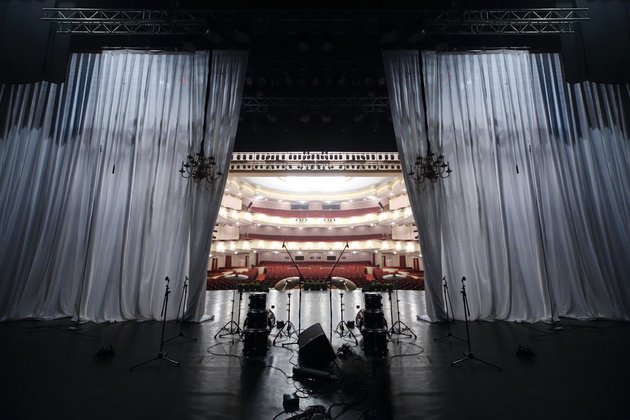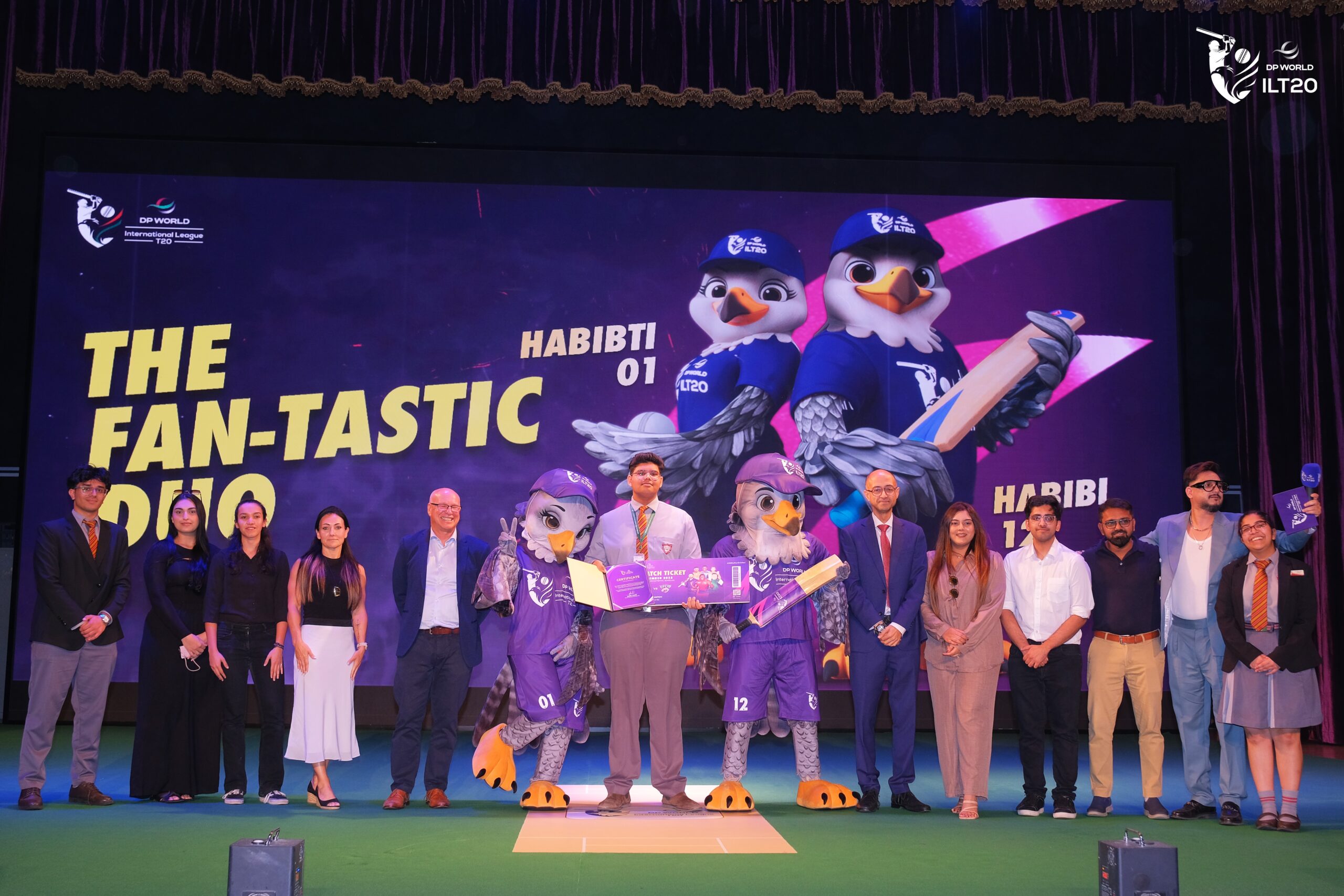Over the past decade, Russian president Vladimir Putin‘s regime has introduced ideologically driven cultural policies intended to shape a new, virtuous Russian citizen for the future.
For those – like Putin himself – old enough to remember the Soviet Union, the imposition of an authoritarian cultural policy in the name of ideology comes very naturally. In those days it was called “socialist realism“, and was intrinsic to the goals of the ruling Communist party.
Putin, a former KGB lieutenant colonel sworn to the promotion of those goals, has substituted for communism an ultra-patriotic Russian nationalism, drawing deeply on the social conservatism of the Orthodox church.
New legislation and guidelines have banned the use of obscenity in literary texts, theatre and cinema. They’ve also censored blasphemy, forbidden the promotion of “non-traditional” (a euphemism for LGBTQ+) family values to anyone under 18, outlawed any public expression of disrespect towards people or symbols representing the authorities and forbidden the representation of historical events unless these match “official” narratives of the past.
Theatre has been one of the most outspoken art forms of the Russian cultural scene since the end of the Soviet era. State theatres in Russia are still heavily subsidised – as they were in Soviet times – and are correspondingly cautious about subject matter and language. But since the 1990s, independent theatre has also flourished in many provincial cities, as well as in crowded black-box studios in Moscow and St Petersburg.
“New Drama“, the most innovative movement of this period, has brought marginal voices to the fore. It often draws upon verbatim material to give voice to former prisoners, disenchanted youth, drug addicts and alcoholics, homosexuals and abused women. The “documentary” aspect of much of New Drama foregrounds the thirst for raw truth after so many decades of Soviet propaganda.
As the Putin regime has become more politically oppressive over the past ten years, independent theatre has staged challenging works questioning the state’s complicity in stealing elections, silencing opposition, endorsing police brutality and tolerating corruption. Unsurprisingly, it is therefore the world of theatre which has suffered most harshly and most visibly under the new, wartime cultural clampdown by the Russian authorities.
An obliterated cultural scene
One early manifestation of the shift towards ruthless intolerance of free-spirited theatre-makers came in 2017. The celebrated theatre and film director Kirill Serebrennikov was accused – outrageously – of embezzling state funds. The charge was undoubtedly associated with Serebrennikov’s criticism of Russia’s 2014 annexation of Crimea and his support for LGBTQ+ causes.
Having endured two years of house arrest, Serebrennikov was found guilty in 2020. His sentence was lifted in 2022 following the payment of a large fine, after which he left Russia for the west.
Since the invasion of Ukraine in February 2022, Russia’s independent theatre scene has been obliterated. Many well-known playwrights, directors and actors have been sacked by nervous theatre managers for expressing opposition to the war and many have left the country. This includes not just the young and those at the cutting edge, but also the older generation, representing what remains of the post-Soviet liberal intelligentsia.
Playwrights whose works have been removed from the repertoire of theatres or banned for performance in Russia by the Ministry of Culture include Boris Akunin (also one of Russia’s most popular novelists), Mikhail Durnenkov and Ivan Vyrypaev.
Durnenkov, a playwright, director and brilliant theatrical pedagogue, left Russia for Finland very soon after the invasion began. His case illustrates the authorities’ swift ruthlessness. On April 19 2022 he posted on Facebook expressing hope that Russia would lose the war, since the country needed to wake up from the appalling nightmare into which it had plunged.
Within a week, his plays had been banned by the Ministry of Culture for performance in all Russian theatres. Then, the state-affiliated Union of Theatre-Makers proposed his expulsion. He was sacked from his post running a studio at the Moscow Art Theatre and deputies in the Russian state called for him to be charged with a criminal offence.
Theatre under the state
Under their new managements, several large state theatres such as the Moscow Art Theatre have started staging patriotic plays instead of their previous repertoire. “Agit-brigades” (a Soviet term describing theatre groups sent to the front to disseminate Bolshevik propaganda) have been formed to undertake tours of the occupied areas of eastern Ukraine, to boost morale. In other words, theatre has now been fully instrumentalised by the state in line with its new patriotic cultural policy.
To appreciate the daunting scale of this damage, imagine the equivalent in England. The Royal Court, Southwark Playhouse and Arcola as well as innovative theatres outside London all placed under new government-sanctioned management. Socially controversial works pruned from the repertoire of the Royal Opera House and the National Theatre. West End theatres compelled to stage plays supporting government policies.
Star actors such as Ian McKellen and Judi Dench banned from further work or forced to flee the country. Playwrights of the calibre of David Hare, Lucy Prebble, Tom Stoppard and Jez Butterworth silenced. Directors such as Declan Donnellan, Katie Mitchell and Simon McBurney fired.
This is the extent of the devastation which has been achieved by the Putin regime in Russia, in just a few years.
Timofey Kulyabin, a theatre and opera director from Siberia, left not long after the 2014 annexation of Crimea and now lives in Germany. While Putin complains that the west has been attempting to “cancel” Russian culture, Kulyabin comes to a different, bitter conclusion: “There is currently one country which certainly is engaged in cancelling Russian culture. And that country is Russia itself.”
Looking for something good? Cut through the noise with a carefully curated selection of the latest releases, live events and exhibitions, straight to your inbox every fortnight, on Fridays. Sign up here.
Author: Professor Julie Curtis – Professor of Russian Literature (Emerita), University of Oxford 
























